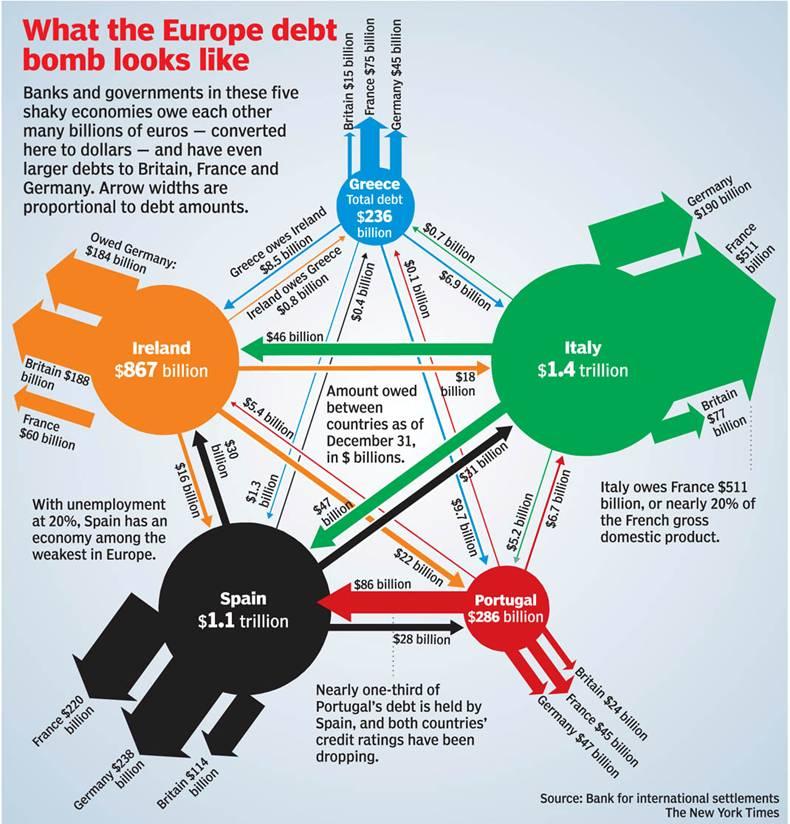
I recently read a post on Herb Greenberg’s blog, Market Watch, which critisized the US government’s decision to take executives of Citigroup, Merill Lynch, and Countrywide to hearing on CEO Pay and its adverse effects on the mortgage crisis.
The post took the position that CEO pay has absolutely nothing to do with the mortgage crisis and that it is merely the government who is stirring up a fuss about nothing. It backs up this position with the argument that the compensation structure of a company is available to all potential investors in the annual proxy. If the investors did not like the structure, they could simpy choose not to buy the stock. Moreover, even when they do take part in buying the stock, they could still influence the injustice by taking an activist role and kicking out the management and board.
“It’s really that simple.” The blogger comments.
I, on the other hand, do not completely agree with this idea. CEOs being paid enormous amounts of money for the work they do is not just a matter of a ‘simple solution’. It shows just how much these higher level management people are able to influence society. As I had mentioned in my very first post on the unethical actions of AIG, higher level executives have the incentive to make decisions that may cause enormous collateral damage on society. Their compensation rewards them in such a way that would be beneficial to them to disregard the needs of others.
Therefore, I believe that the government did no wrong in subjecting the actions of these executives to questioning. After all, no single stock holder has as great an influence on the future of a company as its CEO. Moreover, due to the potential conflicts of interest between different stakeholders, it is highly unprobable that they would cooperate to oust an entire management team and put their own investments on the line. It’s not really “that simple” and sometimes there does need to be a intermediary who steps in to correct the unbalance.
Photo credit: http://vator.tv/news/2010-08-31-what-a-ceo-does
Credit: http://blogs.marketwatch.com/greenberg/2008/03/ceo-pay-congress-butt-out/


